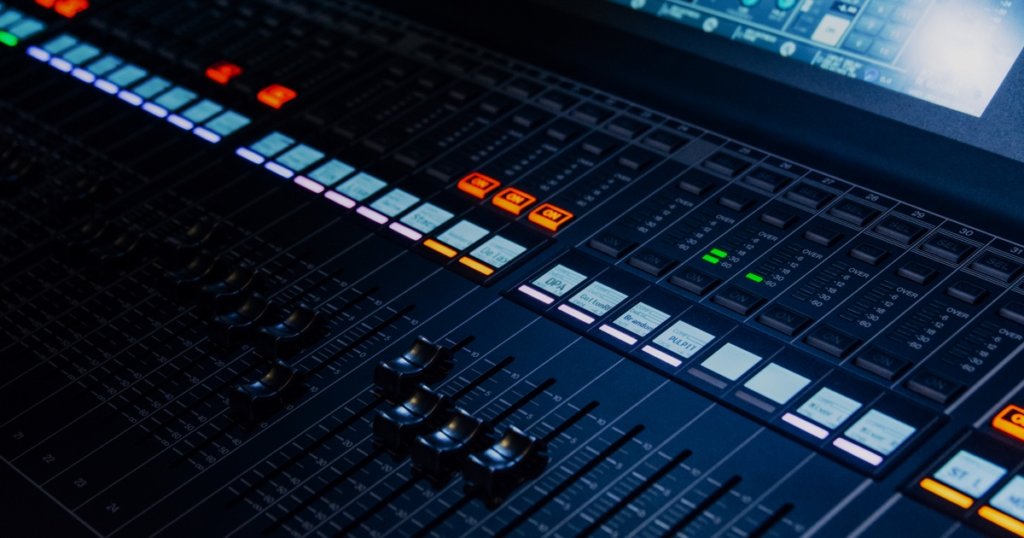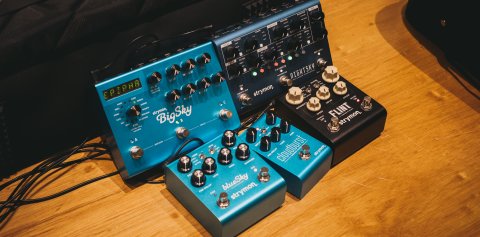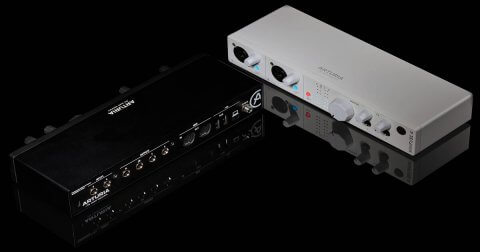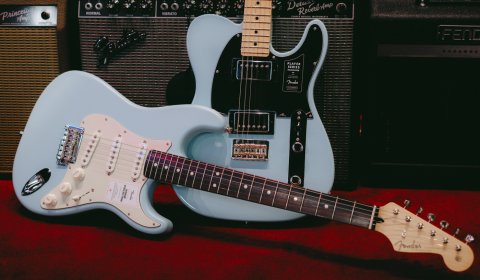You may have heard the term ‘Mastering’ before. Here on the Swee Lee blog, we’re going to discuss the art of Mastering, what it is and how you can use it as an artist.
What is Mastering?
Mastering takes an audio mix and brings it to distribution-quality. It’s the final step to balance your mix, unify sonic elements and optimise playback response for all file formats and devices. Mastering typically consists of a series of subtle audio processes including stereo enhancement, compression, equalisation and limiting. It’s the vital connection between your hard work as a creator and radio-ready sound quality.
Why Master?
Chances are your favourite song has been mastered. In fact, just about all the music you hear has been mastered for listening across all platforms, streaming services, radio and television. If you’re serious about your creative process, mastering will ensure that your music is presented at it’s best.
Benefits of Mastering:
- Consistency across all playback devices
- Increase overall loudness without losing dynamic range
- Enhances essential frequencies to improve overall mix
- Fix problematic frequencies
- Sonic unification for albums
How should I prepare my music for mastering?
The first step in getting your music ready for mastering is to ensure your mix is well balanced and sounds just the way you want it to. Here’s a rule of thumb from the engineers at BandLab: Mastering can take a good mix and make it great, but it can’t fix a mix that already has real problems. Here are a few simple rules when preparing your final mix:
- Make sure your track isn’t clipping! Distortion can ruin a track and there’s no way to remove these unpleasant artifacts in the mastering process
- Don’t over-compress your master track. Leaving a little headroom is key for ensuring your track will sound amazing after mastering. A typical mastering engineer will require your pre-mastering mix to sit somewhere from -8dB to -4dB
- Avoid adding too many master effects. A little bit of global reverb is fine (aux sends are ideal), but if you go too far, it can cause issues when mastering
- Listen carefully for over-accentuated frequencies. If the bass is too muddy, try adding a high pass filter to clean-up or remove excess or inaudible frequencies. If the mids are troubled, try reductive equalising to highlight the most important sonic aspects of each track
- Balance is key. Make sure you’re happy with how each track sits in the mix and relates to each other. This not only means volume, but also panning
- Take a break from mixing before exporting your final version. Ears are likely to fatigue after a long session. Taking 10 minutes of silence every hour of producing can do wonders for any mix
Mastering on BandLab
Swee Lee recommends BandLab’s instant online algorithmic mastering. It offers three high-quality automated mastering settings for your music. You get to choose what sounds best for your music. BandLab lets you have the final opinion on what sounds right for your music.
Master as many tracks as you want, share them as often as you want, and get unlimited .WAV and .MP3 downloads. Not only that, but BandLab mastering is fully integrated into the only truly cross-platform social music creation application. Check it out here.
Should I find a professional?
Mastering is an art, not a science. Nothing can beat experienced ears. BandLab can help your music sound its best, but, if you have the means, we recommend finding and supporting professionals in the field.



